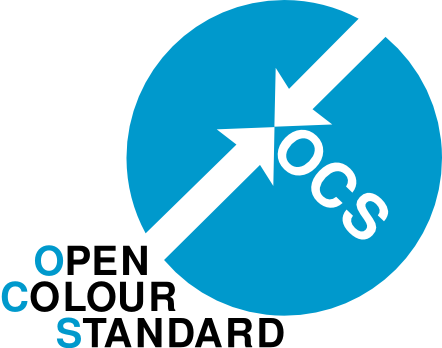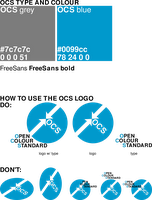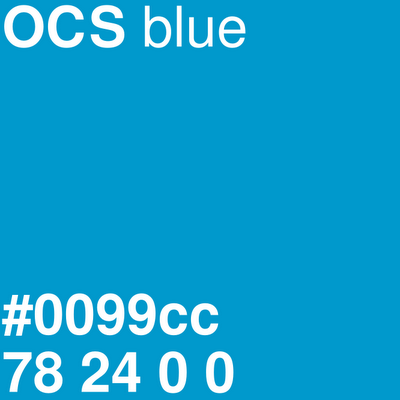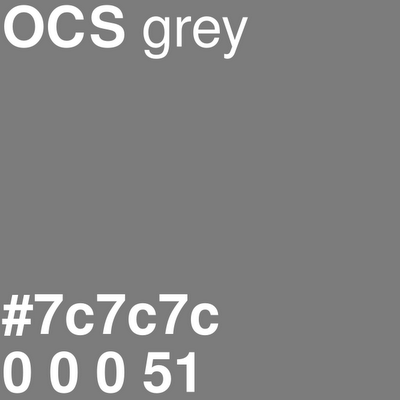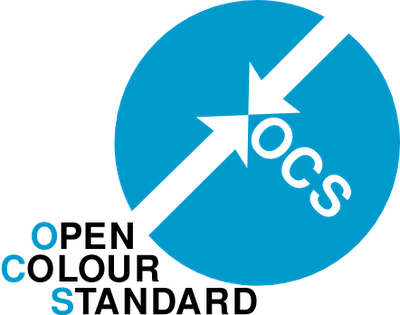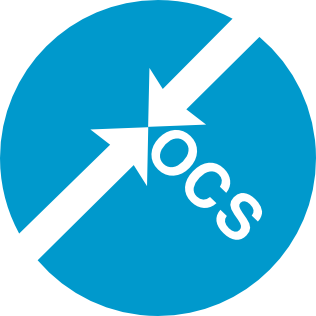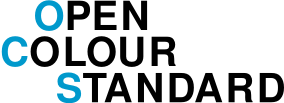OCS Research Report Versioning Guidelines
The OCS Research Report is not going to be a static document. Revisions and suggestions are always welcome. (If you have anything that you think needs to be added, email me.) As such, we need a versioning system. Partly so that I won't forget and partly so that it's more widely known, here's the plan: I don't anticipate leaving the 1.somethings any time soon, if ever. So, the syntax will be 1.section added.section revised. In practice, this means that the newest version (coming soon), with changes to the section on colour spaces, will be version 1.0.1. Good?
Labels: ocs, research report, style
